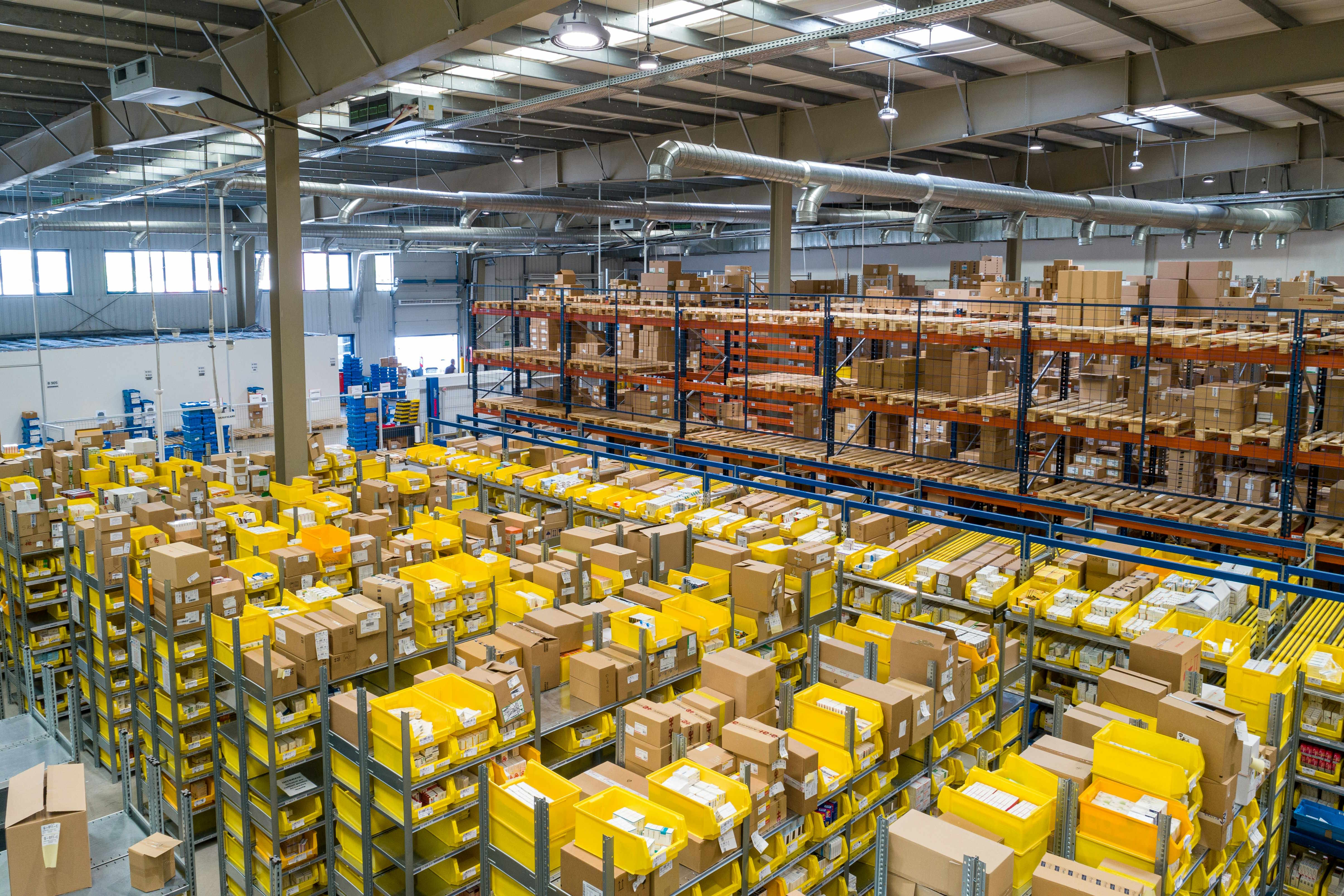Manufacturing Jobs in Portugal: Roles, Skills, and Language Needs
Manufacturing jobs in Portugal cover a wide range of roles from shop-floor operators to engineers and managers. This article outlines typical positions, career paths, and language considerations for English-speaking applicants. It does not list active job vacancies or guarantee hiring opportunities; readers should consult employers or official job platforms for current openings.

Manufacturing sector overview
Portugal’s manufacturing industry includes automotive components, electronics, textiles, food processing, and metalworking. Facilities range from small workshops to large plants operated by multinational firms. Many factories focus on export markets, which shapes production schedules, quality standards, and investment in automation. For someone researching a manufacturing career, understanding the sector mix in the local area helps identify where demand for specific roles—such as machine operators, assemblers, or quality technicians—may be strongest.
Career paths in manufacturing
A manufacturing career often starts with entry-level roles like production operator, assembler, or packer and can progress to skilled technician, shift supervisor, or process engineer. Vocational training, apprenticeships, and on-the-job experience commonly support advancement. Some workers move into related areas such as logistics, maintenance, or quality assurance. For those interested in longer-term development, obtaining certifications in industrial maintenance, welding, or programming CNC machines can open supervisory and engineering opportunities.
Working in Portugal’s manufacturing industry
Portugal offers a mix of local companies and foreign-owned factories, especially in regions such as Porto, Braga, Aveiro, and the Lisbon area. Employment terms, shift patterns, and workplace culture vary by employer and by whether a plant serves domestic or international clients. Labor laws, collective agreements, and social security rules apply; anyone considering work in Portugal should verify visa and work permit requirements if they are not an EU/EEA/Swiss citizen. Local services such as employment centers and reputable recruitment platforms can provide up-to-date guidance and official requirements.
Language and English requirements
Portuguese is the primary workplace language in many domestic operations. However, English is increasingly useful in multinational companies, engineering teams, and roles that interface with international suppliers or customers. Fluency in English can be an advantage for technical roles that involve reading manuals, following global procedures, or attending meetings with foreign colleagues. For non-Portuguese speakers aiming to work long term, basic Portuguese improves daily communication and integration with colleagues and is often expected for supervisory positions.
Skills and qualifications employers seek
Employers commonly look for practical skills such as mechanical aptitude, familiarity with production equipment, and basic electrical or hydraulic knowledge for maintenance roles. Competence in quality control methods, lean manufacturing, and safety procedures (e.g., hazard awareness, PPE use) is valued across the industry. Formal qualifications vary from vocational diplomas to university degrees for engineering and management roles. Soft skills—reliability, teamwork, problem-solving, and adaptability to rotating shifts—are frequently highlighted in job descriptions.
Conclusion
Manufacturing jobs in Portugal present a variety of options across sectors and skill levels, with career progression supported by vocational training and workplace experience. English can help in multinational settings, while Portuguese is important for broader workplace integration. This overview is informational and not a substitute for direct job offers or official employment advice; prospective applicants should verify current openings, legal requirements, and employer expectations through official channels and local services.






